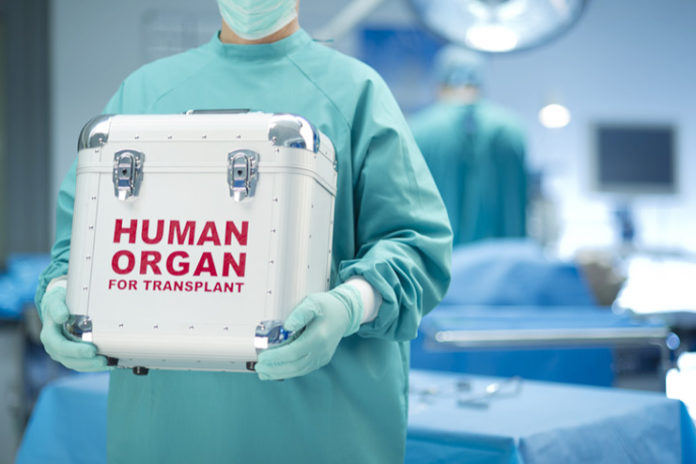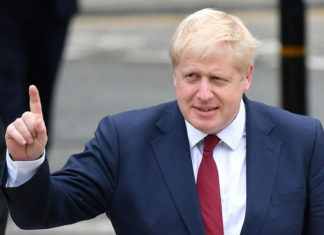The government of United Kingdom on Sunday proclaimed new-fangled tactics to alter the regulation for organ and tissue donation to address the crucial necessity for organs within the Indian-origin groups in the country.
The proposed new scheme of agreement for organ and tissue donation is predicted to come into result in England in 2020 as part of a drive to assist Black, Asian and Minority Ethnic (BAME) people badly waiting for a life-saving transplant.
Those reluctant of donating their organs under the new acknowledged system will be able to record their conclusion on the National Health Service (NHS) Organ Donor Register (ODR).
“Organ donation is, of course, a deeply personal choice, and for many, their faith will play an important factor in their decision,” said Jackie Doyle-Price, UK’s Parliamentary Under Secretary of State for Mental Health and Inequalities.
“We want to make it much easier for people to record and share their decision with friends, families and to NHS staff so that they can be confident their wishes – whether or not they choose to donate – will always be respected,” she said.
Also Read: Indian-origin Girl Discovers Rare Beetle in UK
The announcement arises after a report on the NHS recently to take further hands-on action to address the high death figures among Indian-origin individuals in Britain in consequence of low levels of organ donation within the community.
The Winston Churchill Memorial Trust commissioned report named – The ‘Organ Donation: Breaking Taboos Amongst British BAME Communities’, was intended at studying the low levels of donation among BAME communities in the UK.
These communities are seen as usually not as much as motivated to opt for organ donation, mostly due to deeply-entrenched cultural and religious beliefs disheartening organ donation.

“The government’s latest initiative is well-intentioned but subsequently its success will depend on the degree and efficacy of engagement with the BAME populations,” says report author Nishtha Chugh.
“Death is a sensitive and highly emotive issue in South Asian cultures. And that’s just one of the barriers to organ donation.”
“Unless the new programme sufficiently addresses these core issues surrounding beliefs and specific cultures, unless it aims at normalizing and encouraging prior family conversations about organ donation in Indian or Pakistani families, the new programme will not succeed in producing the desired numbers the government so desperately wants to see in these ethnic minorities,” added Chugh, a 2016 Churchill Fellow.
The study exposed evidence from numerous countries, including India, to demonstrate that it is likely to counter religious and cultural beliefs about organ donation.
The further findings revealed India in its organ donation consent rates has perceived a 10-fold upsurge over the last decade as an outcome of continued community consciousness programs, policy initiatives, and multi-stakeholder collaboration.
According to NHS records, last year lone 7 percent of donors were from BAME upbringings, with Indians accounting for just 1.9 percent of the NHS ODR.
Household denial endures to be the major difficulty to organ donation among the UK’s Asian communities, the NHS noted.
By Sowmya













































